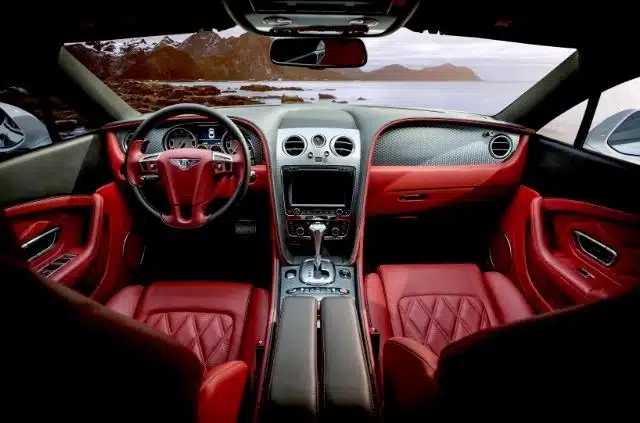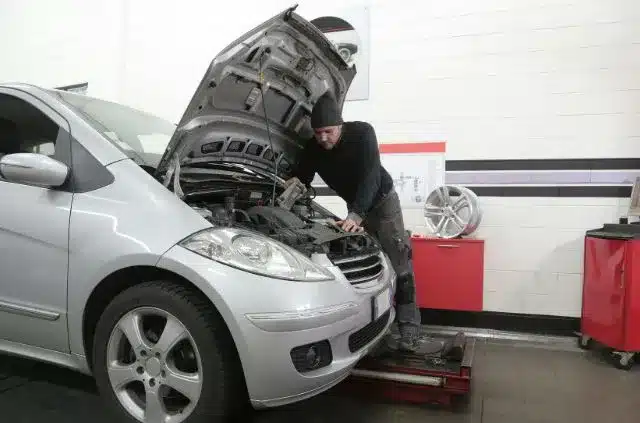Owning a vehicle offers independence, but it also comes with significant responsibilities. Driving is a privilege—not a right—and maintaining that privilege requires awareness, discipline, and good judgment. From obeying traffic laws to staying current with vehicle maintenance, responsible driving behavior directly affects personal safety and the well-being of others on the road.
Many people underestimate how their everyday choices behind the wheel can lead to major legal and financial consequences. Being a responsible driver begins with understanding those risks and actively choosing to avoid them. This includes staying focused, avoiding distractions like texting or using a cell phone while driving, respecting speed limits, and being mindful of how your driving habits impact others—not just yourself.
Legal Consequences of Irresponsible Driving
One of the most severe examples of irresponsible behavior is driving under the influence. While many drivers know it’s dangerous, some still take the risk—often underestimating the legal penalties involved. For instance, in Montana, someone convicted of a DUI for the first time can face jail time of up to six months.
That’s not just a slap on the wrist—it’s a life-disrupting consequence that affects your freedom, finances, and future opportunities. DUI laws exist to protect all road users, and avoiding such offenses is a basic tenet of responsible driving. The long-term impact of a DUI conviction can also result in higher insurance premiums and a damaged personal reputation, further stressing the importance of making smart choices behind the wheel.
Staying on Top of Routine Maintenance
Another aspect of being a responsible car owner is keeping up with regular maintenance. Neglecting simple tasks like oil changes can lead to major engine problems and breakdowns—endangering both you and other drivers. A well-maintained vehicle runs more efficiently, reduces the risk of costly repairs, and ensures your safety on the road, helping to avoid unnecessary disruptions in your daily life.
According to data from Infographic Portal, oil changes are the top reason car owners head to repair shops, averaging four such services each week. This statistic reveals that most drivers recognize the importance of upkeep, yet many still delay essential tasks until it’s too late. Scheduling routine services ensures a longer vehicle lifespan and promotes road safety.
Embracing Sustainability in Auto Practices
Being a responsible driver in today’s world also means considering your environmental impact. While electric and hybrid vehicles are gaining popularity, other changes—like using solar energy where applicable—can make a big difference. Solar power, after all, is the most abundant energy source available on Earth.
Whether it’s charging electric cars with solar panels or supporting solar-powered infrastructure, small actions can collectively lead to a cleaner, more sustainable future. Eco-conscious driving choices reduce pollution and help preserve resources for generations to come.
Auto responsibility encompasses far more than remembering to put gas in the tank. It’s about recognizing that every trip involves a level of risk and doing your part to minimize it. From avoiding dangerous behaviors like impaired driving to ensuring your vehicle is properly maintained, every choice matters.
Legal systems impose penalties—such as the potential six-month jail sentence for a first DUI in Montana—to discourage reckless behavior and promote accountability. Meanwhile, regular upkeep, like oil changes, is a simple yet powerful way to prevent costly repairs and ensure roadworthiness. Finally, embracing sustainable options and tapping into Earth’s most abundant energy resource—solar power—demonstrates responsibility on a broader, environmental scale.
Ultimately, auto responsibility is a mindset that values safety, stewardship, and accountability. Whether you’re behind the wheel or maintaining the car in your garage, the decisions you make directly influence your safety, your finances, and your community.
It’s not just about following rules—it’s about embracing the full scope of what it means to be a responsible vehicle owner in a modern world. And with that mindset, everyone benefits: fewer accidents, healthier environments, and safer roads for all.



